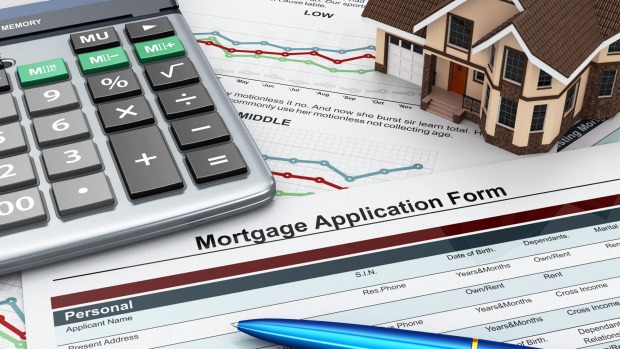Before purchasing any properties, this is important to find out how much you can borrow from bank which based on your Debts Servicing Ratio (generally known as DSR). To get a quick answer of this, you may skip straight to online housing loan eligibility calculator. If you want to learn more about how its actually calculated, continue read on to get more detailed guidance.
4 Key Factors That Determine The Maximum Loan Amount You Can Borrow
You can borrow how much loan amount is depends on these 4 key factors;
- Your Debt Servicing Ratio (DSR)
- An individual’s risk profile
- Property valuation
- The max Loan-to-Value (LTV) ratio / Margin of Finance available to you

This article is only covers the DSR factors, and we will first list out some common misconceptions;
⓵ You can only get the loan up to 1/3 of your gross income from bank
In fact, the bank will use more refined rules set during credit approval.
⓶ The differences of max borrowing amounts from each bank is not so much
In fact, the credit policies can differ greatly from one bank to another. Max borrowing amounts can even differ up to 3x between different banks.
⓷ Bank only approve up to 70% of your DSR
This is only another rule of thumb and not particularly exact.

Debt Servicing Ratio (DSR)
The DSR is shows how much of an individual income is used to pay debt installments and it represented as a % of income. It is derived from 2 main components as below
DSR = Commitment / Income
For your information, every each bank have different methods of determining your DSR in spite of its based on the same information that you provided. This is because every each bank has their own calculation methods for income and commitment recognition.
Example 1: Standard Chartered Bank may based on their calculations on Gross Income, while RHB and Maybank may based on on Net Income.
Example 2: CIMB and HSBC may recognize 100% of rental income, while Public bank and OCBC may only recognize only 80%.
Example 3: RHB recognizes only 45% of foreign derived income, while Hong Leong Bank is considers 100% of it
It is not unheard of that when different banks calculate the DSR for the same person, there can be DSR differences of up to 20%! But the differences do not stop there.
Once your DSR has been determined, every each bank will have their own guidelines for mas allowable DSR threshold. It is usually determined by level of income, however, it may also be affect by net worth and even things as random as qualifications and ages. Some example bank guidelines:
| Income | Bank A Max allowable DSR | Bank B Max allowable DSR |
|---|---|---|
| < RM3000 | 60% of Net Income | 60% of Net Income (+10% if professional) |
| < RM6000 | 70% of Net Income | 70% of Net Income (+10% if professional) |
| < RM10,000 | 75% of Net Income | 80% of Net Income (+10% if professional) |
| > RM10,000 | 80% of Net Income | 90% of Net Income (+10% if professional) |
Source: Loanstreet
Know Your Max Borrowing Eligibility
Sometimes, it can be very difficult to determine what is the maximum of loan amounts that you can borrow from bank if you’re not often up-to-date with the credit guidelines of each bank in Malaysia.
So, once you’ve get the result of how much you can borrow, you can then search for the best loans available in Malaysia and proceed with house purchase.
It’s not about property ownership it’s about control! To get more details. Click Here!
Like this article or found it helpful? Share it!
Follow us on Twitter for more news, tips and inspiration. Become our mate on Facebook and explore our Pinterest boards.


